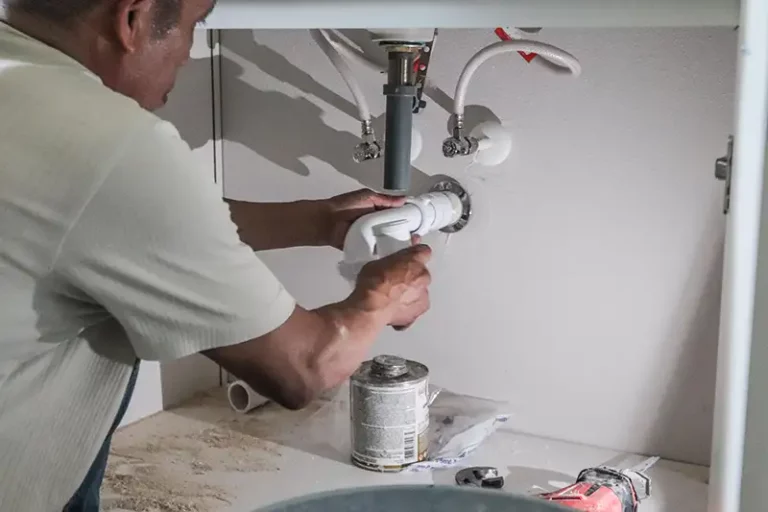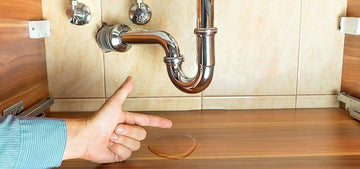In today's world, the necessity to prevent unnoticed water damage is more pertinent than ever. Integrating a water leak sensor in your home or business can drastically change how quickly you detect and react to leaks, thus mitigating potentially significant damages. As those in Industry QA might well appreciate, identifying the effectiveness and reliability of such technologies is key to promoting future advancements and ensuring user safety.

Understanding the Basics of Water Leak Sensors
Water leak sensors are strategic devices that alert homeowners and industry professionals of potential water issues on their premises. They play a crucial role in making sure that any unnoticed water presence is detected and addressed promptly. By understanding the basic operation and components of these sensors, Industry QA professionals can better evaluate their consistency and scope within safety protocols.
Modern sensors are equipped with advanced features, such as wireless connectivity and smart home integration. For instance, some smart water leak detectors communicate directly with mobile devices, offering real-time updates and enhancing overall convenience.
The Significance of Water Leak Sensors in Industry QA
For industry professionals, particularly those working in QA, a deep understanding of water leak detection systems ensures the promotion of better standards and practices within industry settings. These sensors help monitor systems 24/7, offering peace of mind through early warnings and prevention. Additionally, an efficient leak detection system is a valuable component towards achieving a zero-defect environment, increasingly critical in todays fast-paced industries.
Industries often face the challenge of balancing productivity and safety. By incorporating water leak sensors, frequent testing and oversight discrepancies can be reduced. This not only improves safety but also maintains operational continuity.
Smart Integration: The Future of Home and Industrial Safety
The seamless integration of water leak sensors with smart home technology has transformed traditional environments into automated, responsive landscapes. Smart Leak Detectors are an example of such advancement, providing efficient monitoring and enhanced communication through IoT.
These advancements are not just limited to residential settings. In industrial paradigms, they optimize maintenance processes, resulting in fewer manual inspections and proactive control over potential vulnerabilities. Furthermore, the proliferation of AI-driven systems augments these benefits by providing predictive analytics that preemptively highlights risk areas. For further insight into AIs role in water management, you can explore AI in Water Management.
Choosing the Right Water Leak Sensor
Selecting the right sensor involves assessing features that best suit your needs. Factors to consider include sensitivity, connectivity options, and ease of installation. Additionally, it's crucial for Industry QA to focus on the sensor's reliability, especially for applications in sensitive or high-risk areas.
Looking into comprehensive, well-reviewed systems can provide a reliable benchmark for decision-making. For more insights, consider checking out the benefits of such systems at Leak Detection Systems in Business.
Understanding Common Installation Challenges
While the installation of water leak sensors is generally straightforward, challenges can arise due to complex site conditions or integration complications with existing systems. Industry QAs role is instrumental in ensuring that the deployment process is seamless, enhancing the overall functionality and lifespan of these technologies.
Professionals in the field constantly seek to optimize efficiency and improve installation practices, reducing concerns over system accuracy and reliability.

FAQs
1. How do water leak sensors benefit industries specifically?
Water leak sensors provide continuous monitoring, significantly reducing the risk of water damage and aiding in maintaining a zero-defect environment crucial for various industries.
2. Can these sensors be part of a smart home system?
Yes, water leak sensors can easily integrate with smart home networks, enhancing monitoring capabilities through IoT technology.
3. What factors should be considered when installing a water leak sensor?
Important factors include sensor sensitivity, connectivity options, and the specific environmental conditions where the sensor will be deployed.






